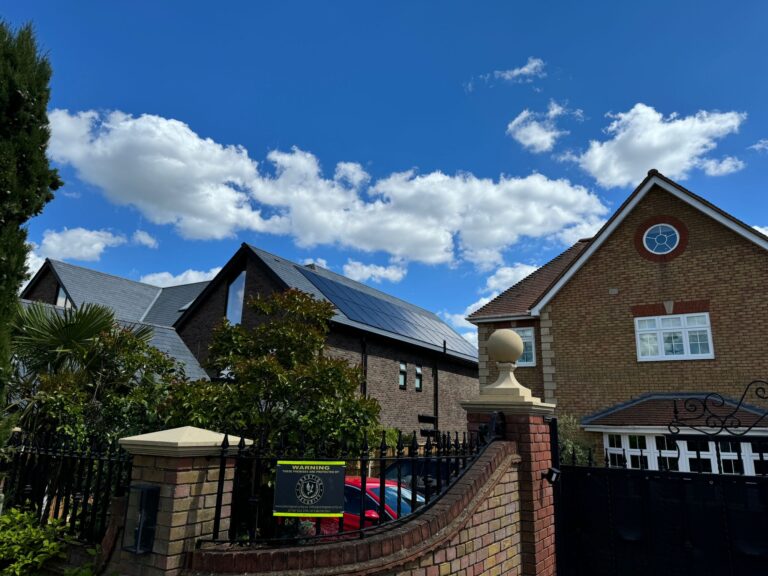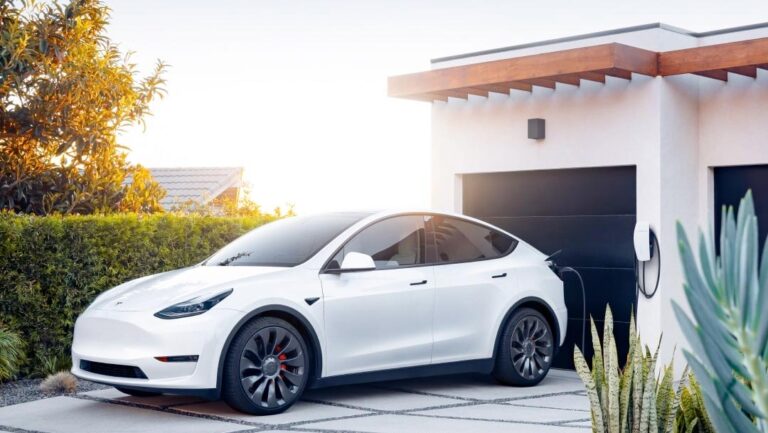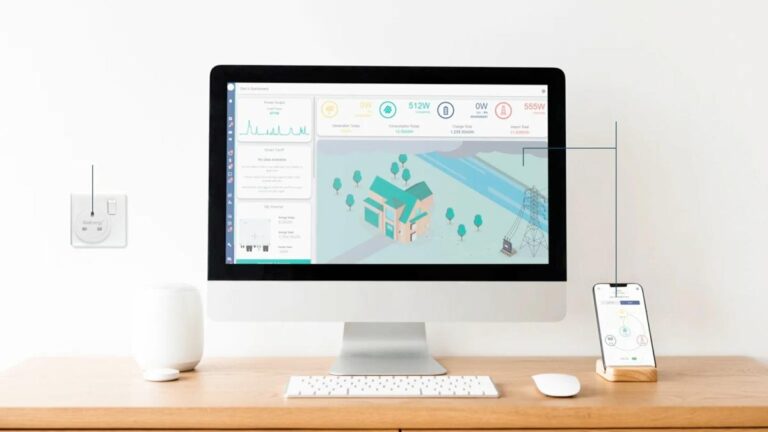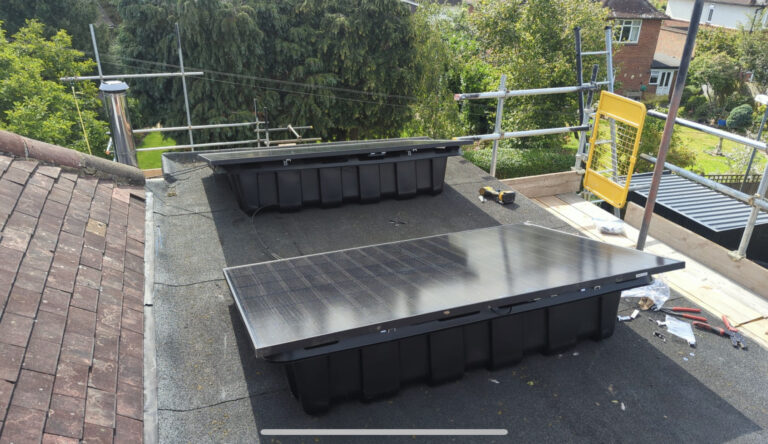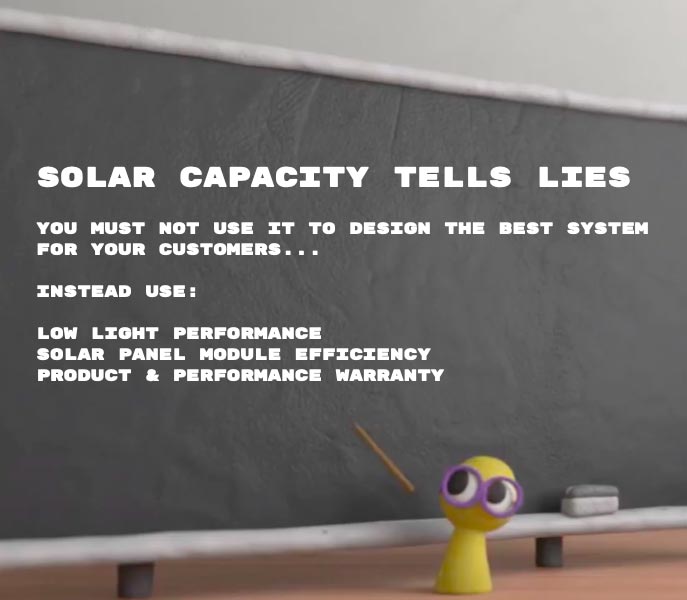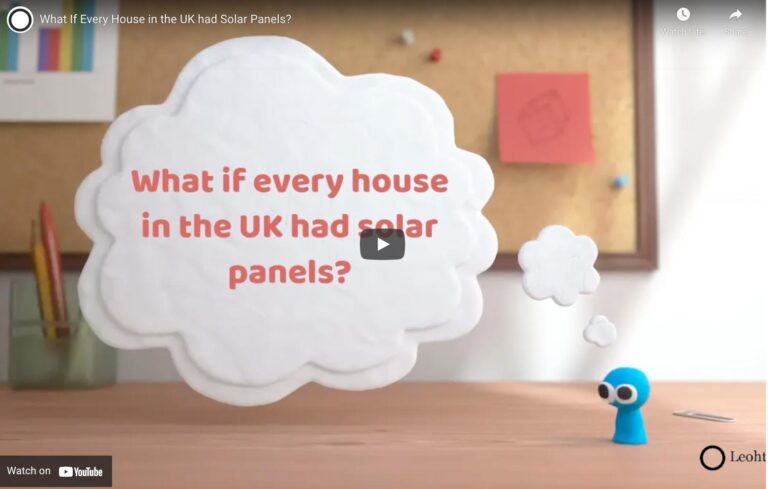Yes, solar panels (their connections and cabling) can catch fire.
Mainly due to poor installation (E.g using incorrect crimping tools),poor system design (where maximum voltages/amps are not accounted for when choosing components) and use of poor quality components. As well as from freak events such as a lightning strike.
According to the Home Office, there were 53,387 domestic appliance fires between 2014-2019.
(https://www.gov.uk/government/statistical-data-sets/fire-statistics-incident-level-datasets).
1065 of these were caused by fridge freezers. Every electrical appliance that is either of poor quality or has not been installed properly is a fire risk.
The incident rate of a fire caused by solar panels is 1 in 10,000 installations according to a study by Photon Magazine.
What precautions should I take?
Please ask us as many questions as you like, below I’ll list some questions that you should ask any installer. They should be able to answer straight away and send you the supporting documentation for the components they are seeking to use.
- Is the installer MCS certified? What is their MCS number? (www.mcscertified.com). There are a stringent set of standards that we have to follow when installing a system.
- Why have you chosen the components suggested? Can you explain why you are using them and provide the relevant certifications for each?
This may sound like an onerous question to ask and a hassle for the installer BUT IT ISN’T, SO PLEASE ASK. Leoht holds the certifications for every component used in our designs and every component used in the simulations goes through a validation check to ensure system compatibility BEFORE allowing us to simulate performance.
Certifications to look for: MCS, G98/G99 for inverters. Inverters aren’t certified by MCS but they must ATLEAST hold the G98 certification if it’s a small scale installation. Inverters are arguably the most important part of an installation, and fire risk if they can’t handle the incoming DC current so make sure this is correct. Cheap inverters cost £200 vs a quality inverter may cost £900-1200, make sure the reasoning for choosing the inverter is not ‘because it’s the cheapest’. - Routine inspection of the cabling underneath the panels, if anything looks wrong, contact your installer. Quality inverters will also constantly monitor any hazards and raise an alert if something is wrong.
Whilst there is a fire risk with solar panels. Installing a quality system that has been well designed and installed will be no more of a risk than other larger domestic appliances in your home.

